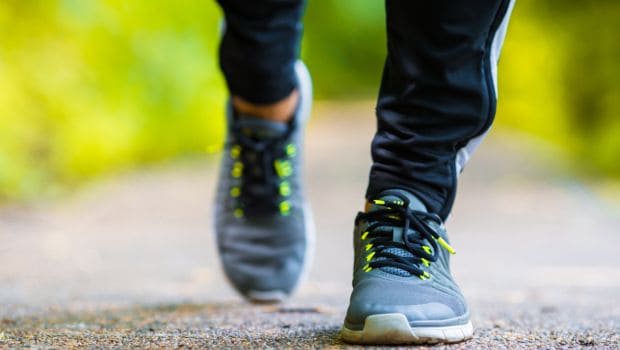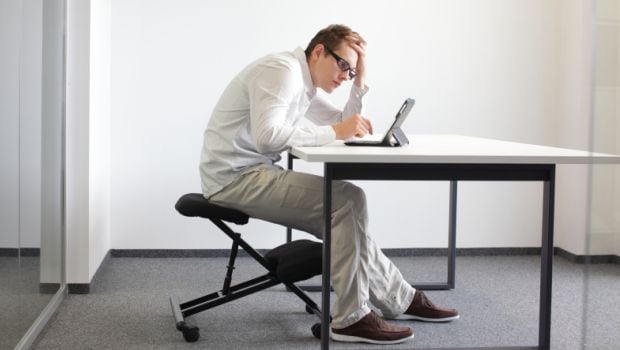So caught up we are in our work life, stuck to the laptop screen all the time, that we don't realise we spend a great deal of our time just sitting. Prolonged sitting leads to a physically inactive life and that is not good for our health. It is one of the key factors that leads to various lifestyle diseases like obesity, heart disease, as well as depression. According to a study done by University of Connecticut in the US, those who spend a lot of time sitting tend to be the least happiest. This is because the happy hormones are not released within the body, which require exercising. If this has got you thinking if you need to hit the gym and slog to lift your spirits, it is not true. Simply getting out of the chair and moving around should be enough!
"We hope this research helps people realise the important public health message that simply going from doing no physical activity to performing some physical activity can improve their subjective well-being," said the study's lead author Gregory Panza. "What is even more promising for the physically inactive person is that they do not need to exercise vigorously to see these improvements. Instead, our results indicate you will get the best 'bang for your buck' with light or moderate intensity physical activity," added Panza.
For those keeping score, light physical activity is the equivalent of taking a leisurely walk around the mall with no noticeable increase in breathing, heart rate, or sweating, says Distinguished Kinesiology Professor Linda Pescatello, senior researcher on the project.

Image credit: IstockModerate intensity activity is equivalent to walking a 15-20-minute mile with an increase in breathing, heart rate, and sweating, yet still being able to carry on a conversation. Vigorous activity is equivalent to a very brisk walk or jogging a 13-minute mile with a very noticeable increase in breathing, heart rate, and sweating to the point of being unable to maintain a conversation.
The study looked at 419 generally healthy middle-aged adults who wore accelerometers on their hips to track physical activity over four days.
People who reported higher levels of sedentary behaviour also reported lower levels of subjective well-being, meaning those who sat around a lot were the least happiest, according to the study published in the Journal of Health Psychology. People who led sedentary lives and engaged in light or moderate physical activity showed the greatest improvement in overall sense of well-being.
"The 'more is better' mindset may not be true when it comes to physical activity intensity and subjective well-being. In fact, an 'anything is better' attitude may be more appropriate if your goal is a higher level of subjective well-being," he added
Inputs from IANS







